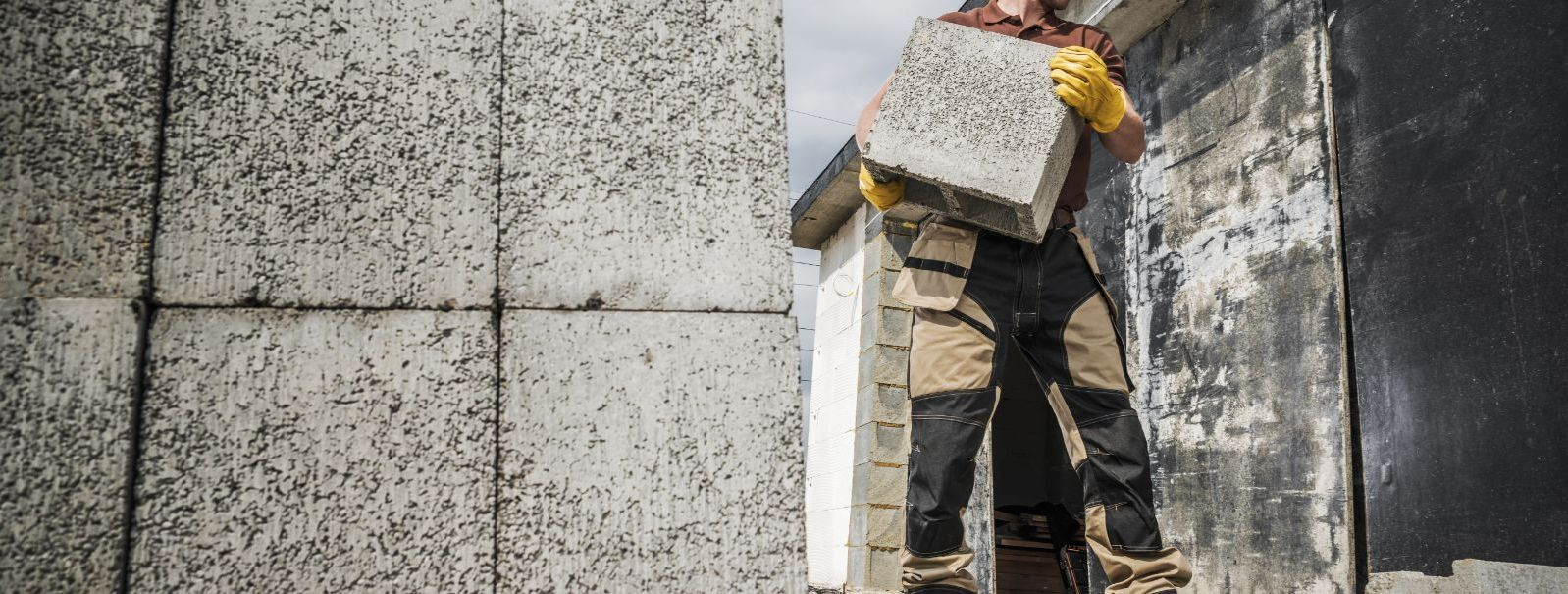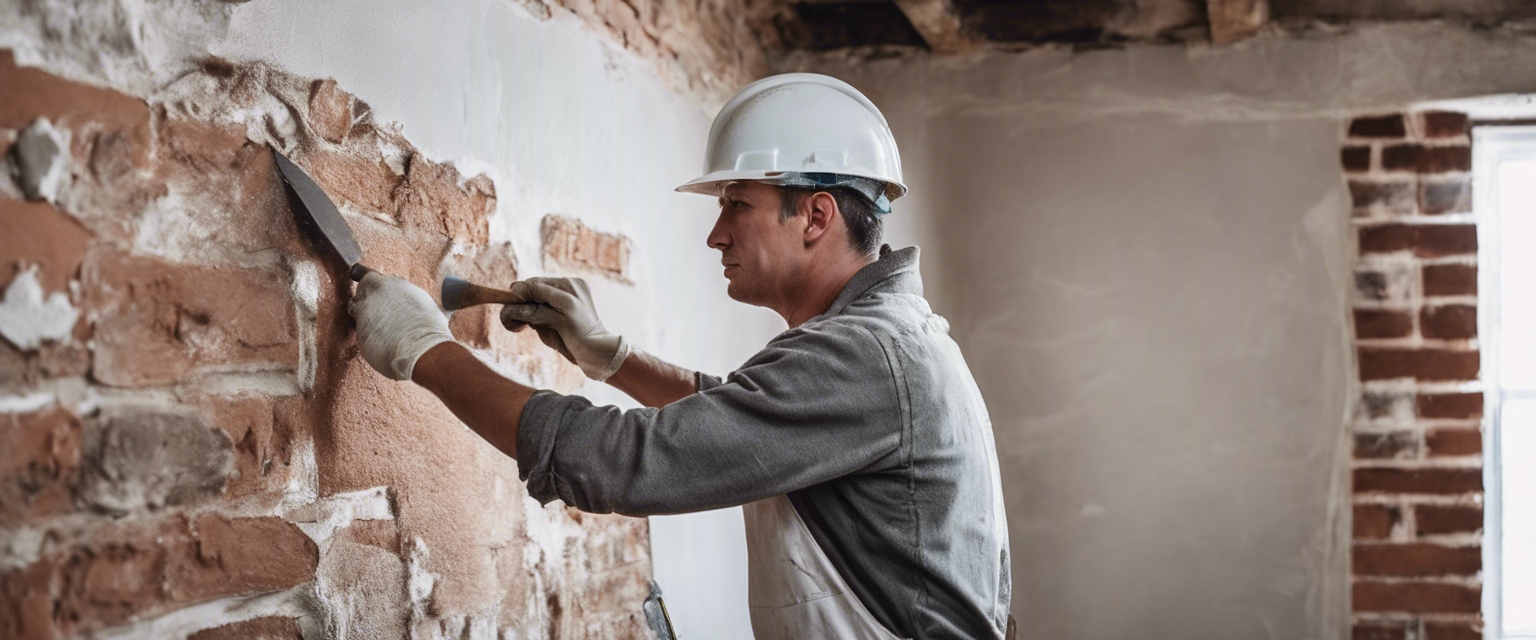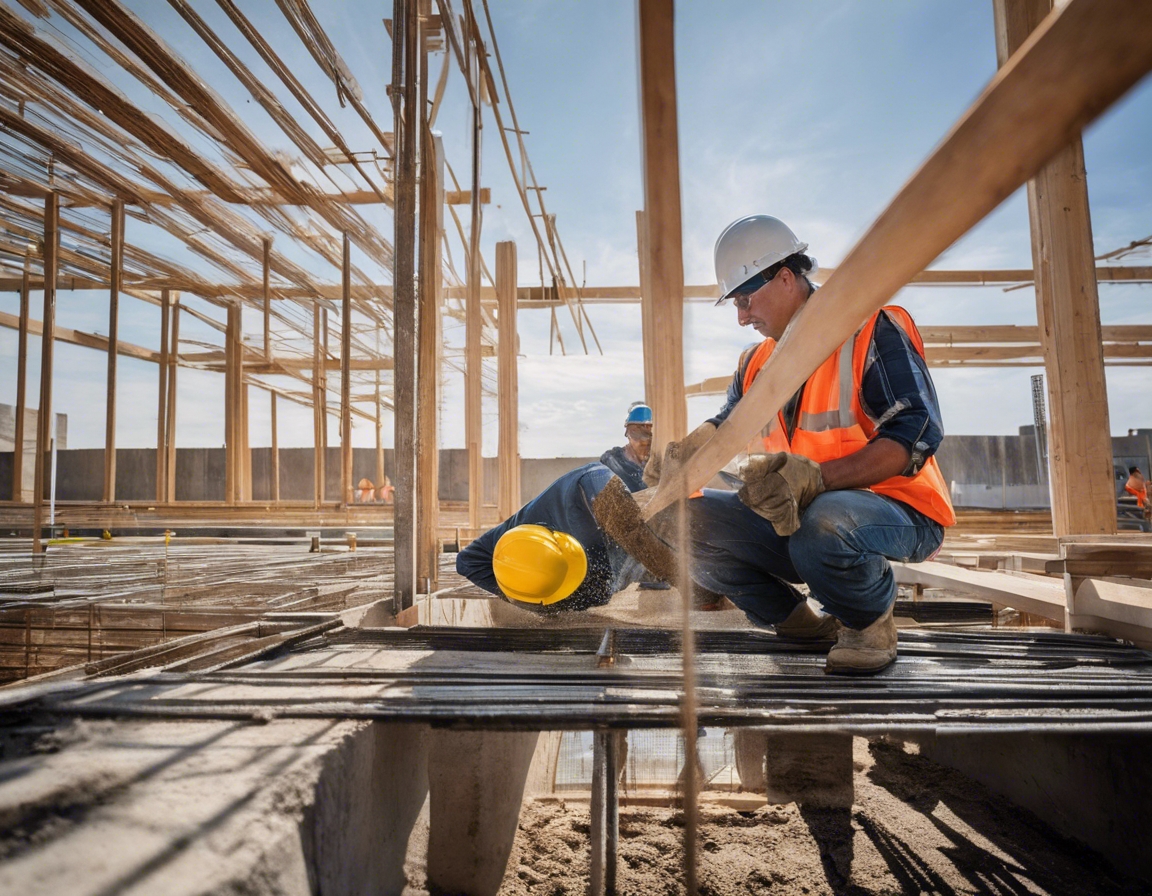Concrete works: the backbone of modern construction
Concrete is the most widely used man-made material in the world, and for good reason. Its versatility, strength, and durability make it the ideal choice for a vast array of construction projects. From towering skyscrapers to residential homes, concrete is the foundation upon which modern construction stands.
Since its inception, concrete has undergone significant transformations. The development of reinforced concrete in the 19th century marked a turning point, allowing for the creation of structures that were previously unimaginable. Today, concrete technology continues to evolve, pushing the boundaries of architectural design and engineering.
Understanding Concrete and Its Components
Concrete is a composite material composed of fine and coarse aggregate bonded together with a fluid cement that hardens over time. Its composition can be tailored to meet the specific needs of any construction project, making it incredibly adaptable.
The primary ingredients of concrete include cement, water, and aggregates such as sand, gravel, or crushed stone. Admixtures and reinforcements can also be added to enhance the properties of concrete, such as its setting time, durability, and tensile strength.
The strength of concrete is a result of the chemical reaction between cement and water, known as hydration. This process forms a hard, stone-like material that can withstand immense loads and resist environmental factors.
Concrete Works in Construction
Concrete is fundamental in creating stable foundations and slabs for buildings and structures. Its ability to be poured into any shape and to form a solid base is unparalleled in the construction industry.
As the literal pillars of strength, concrete walls and columns bear the weight of buildings, ensuring structural integrity and safety.
Concrete's role extends beyond buildings; it is crucial in the construction of bridges, roads, dams, and other infrastructure projects that form the backbone of urban development.
Technological Advancements in Concrete Works
Research and development have led to the creation of new concrete mixes and materials that offer improved performance, such as high-strength and self-healing concretes.
The integration of automation and robotics in concrete construction has increased efficiency, precision, and safety on job sites.
As environmental concerns become more prominent, the concrete industry is innovating ways to reduce its carbon footprint through the use of recycled materials and alternative cementitious materials.
The Role of Professional Concrete Services
Professional concrete services, like those provided by ASTEKON EHITUS OÜ, bring invaluable expertise to construction projects, ensuring that the concrete works are executed flawlessly.
Every project has unique requirements, and experienced concrete specialists offer custom solutions tailored to meet the specific needs of each client.
Quality concrete work is not just about mixing and pouring; it's about understanding the science behind it to ensure that every structure stands the test of time.






Comments (0)